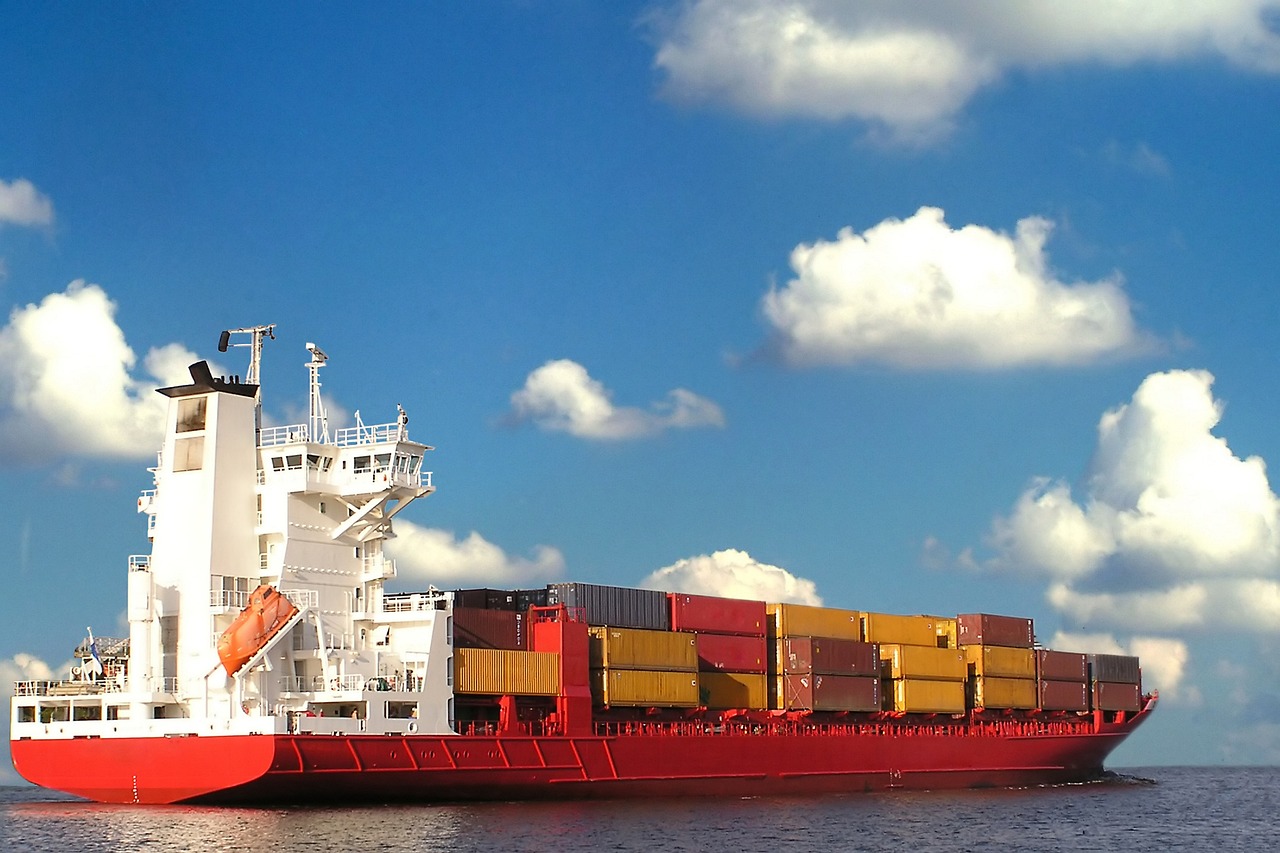
I. TruckExport agentWhat are the basic procedures?
2025 TruckExport agentThe standard process includes:Product Compliance Pre-Review→Conditions of TradeConfirm → Transportation Plan Design →Export customs clearanceApplication→International logisticsExecution → Destination Country Customs Clearance Service → Last-Mile Delivery ManagementForeign exchange income should be calculated based on actual received amount (deducting bank service fees)
- The latest implementation by the European UnionEVSS Vehicle Safety Certification SystemAll commercial vehicles must pass the new crash test.
- Implemented by the African Community starting in 2025ACFTA-2 AgreementNew emission regulations set for used-car exports
- Implemented by the General Administration of Customs of ChinaIntelligent Customs Declaration System 2.0Request to provide electronic filing of the vehicle VIN.
II. How to Choose a Reliable Export Truck Agent?
It is recommended to evaluate agency service providers from the following dimensions:
- Qualification verification:
- Does the company hold GSP export vehicle operating qualifications?
- Does the company hold the AEO Advanced Certified Enterprise qualification?
- Capacity of service:
- Proportion of destination ports with in-house customs clearance teams
- Operating Cases for Special Vehicles (e.g., Refrigerated Trucks, Construction Vehicles)
- Risk control:
- Is pre-assessment of the destination country's technical regulations provided?
- Does it have a provisional anti-dumping response mechanism?
III. What are the common trade risks associated with export trucks?
According to the latest 2025 case statistics, the main risks are concentrated in:
- Technical barrier risks: SASO Certification in Saudi Arabia Adds New Testing Items for In-Vehicle Intelligent Systems
- Risk of logistics: The freight rate fluctuation of China-Europe Railway Express has increased by 40% year-on-year.
- Risk of Payment: Letter of Credit dishonor rate in South America rises to 12%
Proposal to passStaged insurance + third-party inspection + Incoterms combinationestablish a risk firewall in this manner.
IV. How is the export truck agency fee structured?
The main components of the 2025 agency service fees include:
- Basic service fees (customs clearance charges, documentation fees, etc.) account for approximately 15% of the total cost
- Value-added service fees (technical certification, legal consultation, etc.) account for approximately 25%.
- Risk reserves (such as prepaid demurrage fees and currency-hedging provisions) account for roughly 10%.
- Logistics-related expenses (ocean freight, port surcharges, etc.) account for 50%.
Be wary of certain agents: Including compliance review of 15+ documents such as commercial invoices, packing lists, and certificates of origin, such as destination port EDI information transmission fees, customs system usage fees, etc.
5. How to address the differences in technical regulations across countries?
Proposal to establishThree-tier compliance management system:
- Basic Compliance: Meet the market-entry standards of the target market (e.g., U.S. DOT certification)
- Upgrade Compliance: Meets regional technical regulations (e.g., EU WVTA certification)
- Forward-looking Compliance: Pre-research on upcoming regulations (e.g., ASEAN Carbon Emissions Tax 2026)
Key Focus Areas for 2025Amendment to Australian ADR79/04Mandatory requirements for truck active safety systems.
VI. Comparison of the advantages and disadvantages of different modes of transportation?
According to 2025 market data:
- Ro-ro ship transport:
- Advantages: A single batch can transport up to 5,000 units
- Disadvantage: Limited by port water depth
- Container transport:
- Advantages: Ideal for high-value new vehicles
- Disadvantage: Disassembly and reassembly costs increase by 15%.
- China-Europe Express:
- Advantages: Transit time is consistently stable at 18 days
- Disadvantage: 2% loss rate during gauge-change operations on broad-gauge sections
VII.Export tax refundHow to operate more efficiently?
Key Points of the 2025 Tax Refund Policy:
- The export tax rebate rate for diesel-powered trucks remains at 13%.
- New-energy trucks (including hybrids) may applyGreen Channel Tax Refund, the review cycle has been shortened to 5 working days
- Must be providedVehicle EC CertificateandPower Battery Recycling Agreement
Recommended adoptionDocument Pre-Review Mechanism, complete 80% of the tax rebate documentation before the goods are shipped.


 Follow Customer Service WeChat
Follow Customer Service WeChat